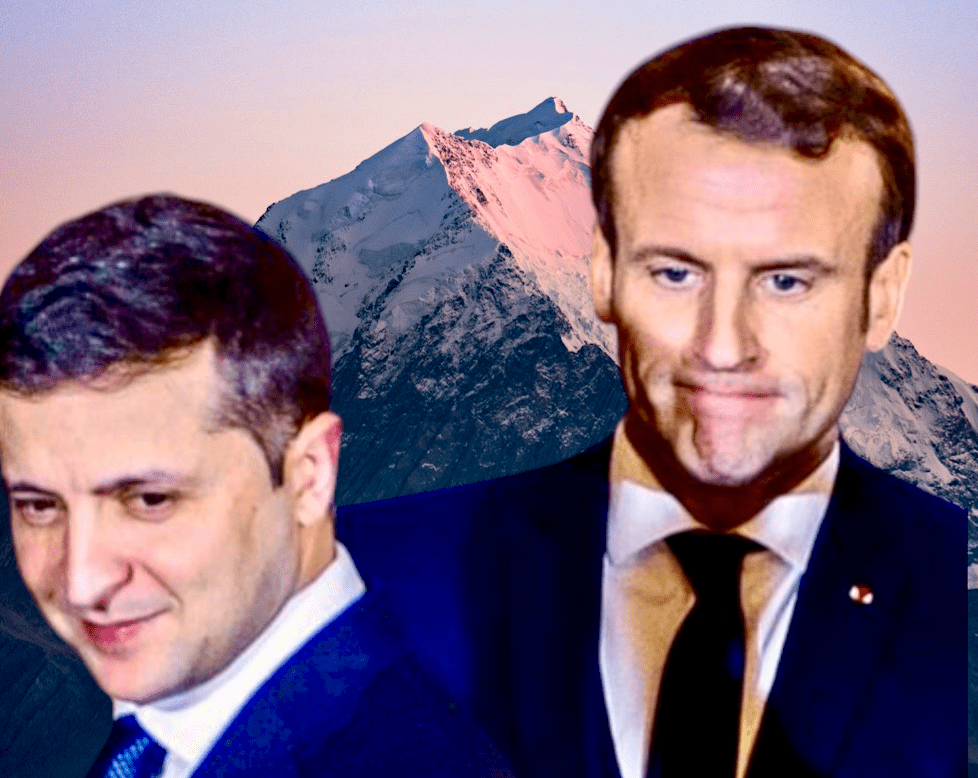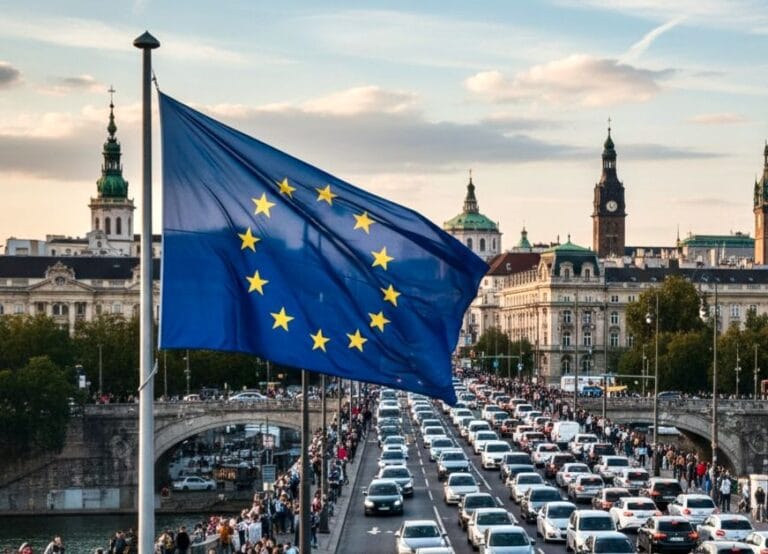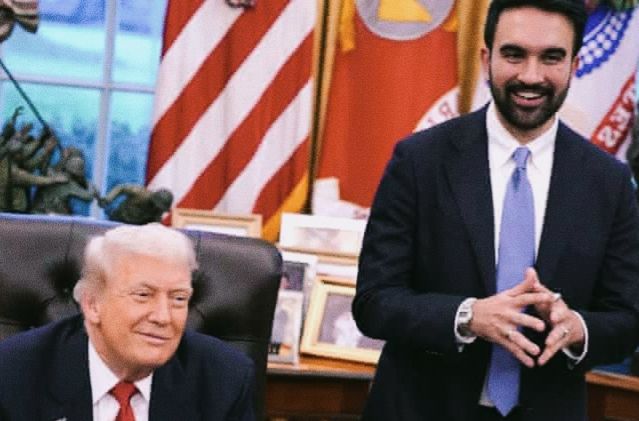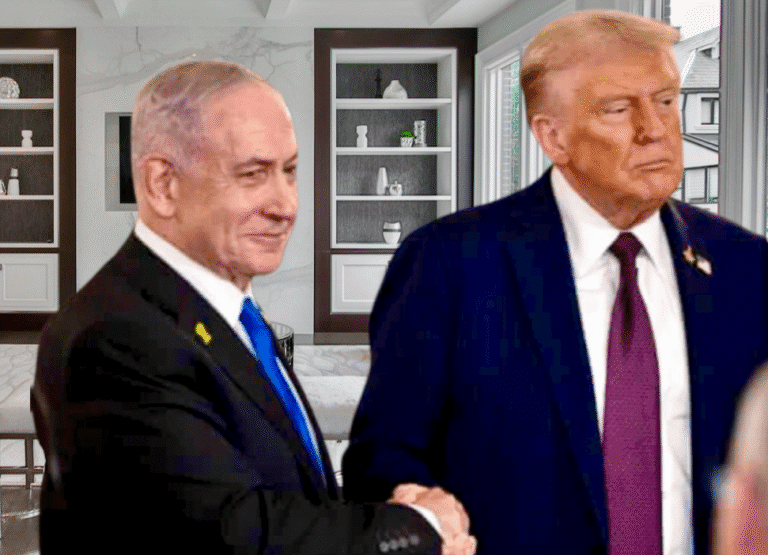
In the midst of ongoing conflict and peace talks, European leaders gather at the White House to coordinate military, economic, and humanitarian assistance for Ukraine.

European leaders convened at the White House this week in a major diplomatic move to coordinate efforts for peace, security, and economic assistance while also discussing the ongoing conflict in Ukraine.
The gathering emphasizes the global urgency of the Russia-Ukraine conflict and the United States’ role as a partner and mediator in promoting communication and assistance. Leaders from the European Union and NATO allies convened for the summit, which focused on long-term security plans for Ukraine and the larger Eastern Europe region as well as urgent humanitarian needs.
Goals of the Summit
According to official statements, the White House summit aimed to:
- Organize Diplomatic Efforts: Leaders talked about ways to guarantee that international allies would continue to support Ukraine and to improve its negotiating position in the current peace negotiations.
- Strengthen Military and Economic Support: The meeting covered topics such as providing Ukraine with economic support, intelligence assistance, and defensive equipment to help it maintain both military and civilian infrastructure.
- Address Humanitarian Challenges: Since the conflict has caused millions of people to be displaced, leaders have concentrated on extending humanitarian corridors, aiding refugee communities, and guaranteeing that food and medical supplies are available.
In light of increased military activity on the ground, U.S. officials stressed that the meeting was both symbolic and strategic, showing global support for Ukraine.
Key Discussions
During the summit, European leaders and U.S. officials discussed a variety of pressing issues, including:
- Military Coordination: Making sure that drones, defensive weapons, and surveillance equipment are delivered on time to strengthen Ukraine’s capabilities
- Economic Stability: Resolving the conflict’s effects on international energy markets, trade interruptions, and assistance for Ukraine’s industrial infrastructure
- Support for Peace Negotiations: Assessing methods for mediating ceasefires and fostering diplomatically acceptable resolutions while opposing coercive territorial demands
Preventing additional escalation in disputed areas and protecting vital infrastructure from drone and missile attacks also occupied a large amount of the conversations.
Statements from Leaders
By emphasizing that “support for Ukraine is support for international law, sovereignty, and peace in Europe,” President Joe Biden emphasized the significance of solidarity among Western allies. This view was echoed by European leaders, who emphasized the necessity of coordinated military, diplomatic, and humanitarian responses to the ongoing crisis.
- In a video address, President Volodymyr Zelenskyy thanked the leaders for their ongoing assistance and emphasized Ukraine’s commitment to upholding its sovereignty and, whenever feasible, seeking diplomatic solutions.
Strategic Implications
The White House summit carries significant strategic weight for several reasons:
Increasing Alliances: Having European leaders meet in Washington strengthens transatlantic ties and lets Russia know that Ukraine has strong international support.- Coordinated talks strengthen Ukraine’s negotiating position and put more pressure on Russia to entertain diplomatic compromises.
- Resource Mobilization: The summit makes it possible to allocate military and financial resources effectively, guaranteeing that aid reaches Ukraine in a timely and efficient manner.
Such high-level coordination, according to experts, is essential in a conflict characterized by complicated territorial disputes, drone strikes, and rapid technological warfare.
Impact on the Ukraine Conflict
The summit has immediate and long-term implications for the ongoing conflict:
- Instant: Strengthens the supply of cutting-edge military equipment, such as drones and anti-drone systems, to vital Ukrainian defense industries.
- Medium-term: Enhances humanitarian relief coordination, tackling infrastructure damage and refugee displacement
- Long-term: Enhances Ukraine’s negotiating position, possibly affecting Russia’s strategic decisions and promoting adherence to international standards.
European leaders and the United States convey that Ukraine’s sovereignty and territorial integrity are important to the international community by putting up a united front.
Humanitarian Considerations
Leaders stressed the conflict’s human cost in addition to military and diplomatic talks. There are still millions of displaced Ukrainians in dire need of food, water, shelter, and medical assistance. Participants in the summit talked about ways to increase international funding for refugee assistance programs and open more humanitarian corridors.
The coordinated strategy seeks to lessen suffering among civilians while continuing to put pressure on parties involved in the conflict to put communication above escalation.
Conclusion
In light of the ongoing conflict, the White House summit, which brings together European leaders to discuss Ukraine, is an important transatlantic coordination moment. The meeting strengthens international commitment to Ukraine by addressing economic stability, peace talks, military support, and humanitarian aid all at the same time.
Such high-level diplomatic contacts will be crucial in determining how Eastern Europe’s security environment develops as the conflict progresses, guaranteeing that Ukraine gets the humanitarian and strategic assistance it needs to get through one of the most trying times in recent memory.
“I am Sunny Kumar, the founder of WorldWideNews.fun. I started this platform with a passion for journalism and the aim to provide readers with unbiased, fact-checked, and fast news. Over the years, I have gained experience in digital journalism, blogging, and content research. My goal is to make WorldWideNews a reliable source of updates on technology, entertainment, politics, and international news





